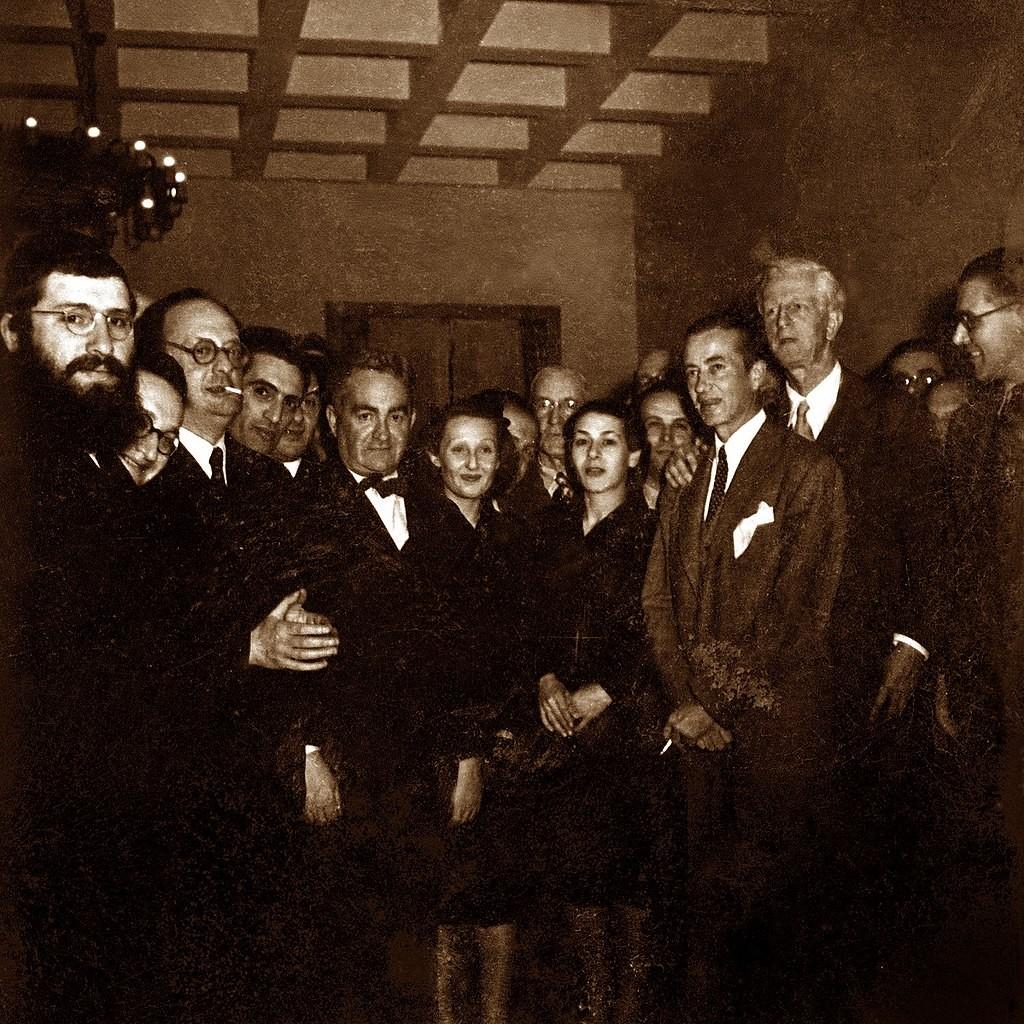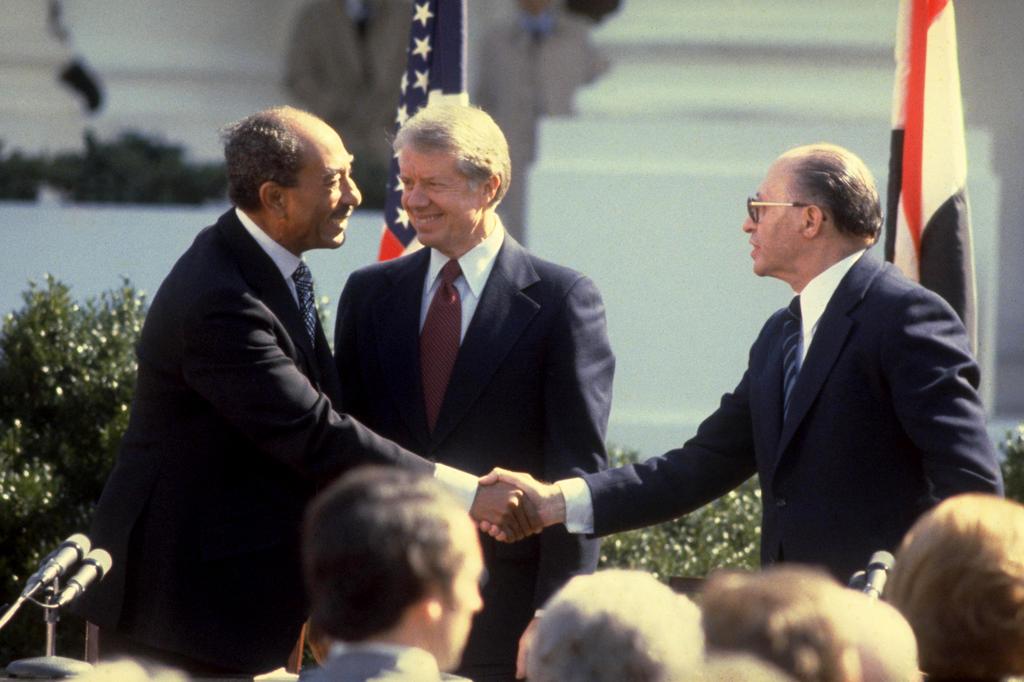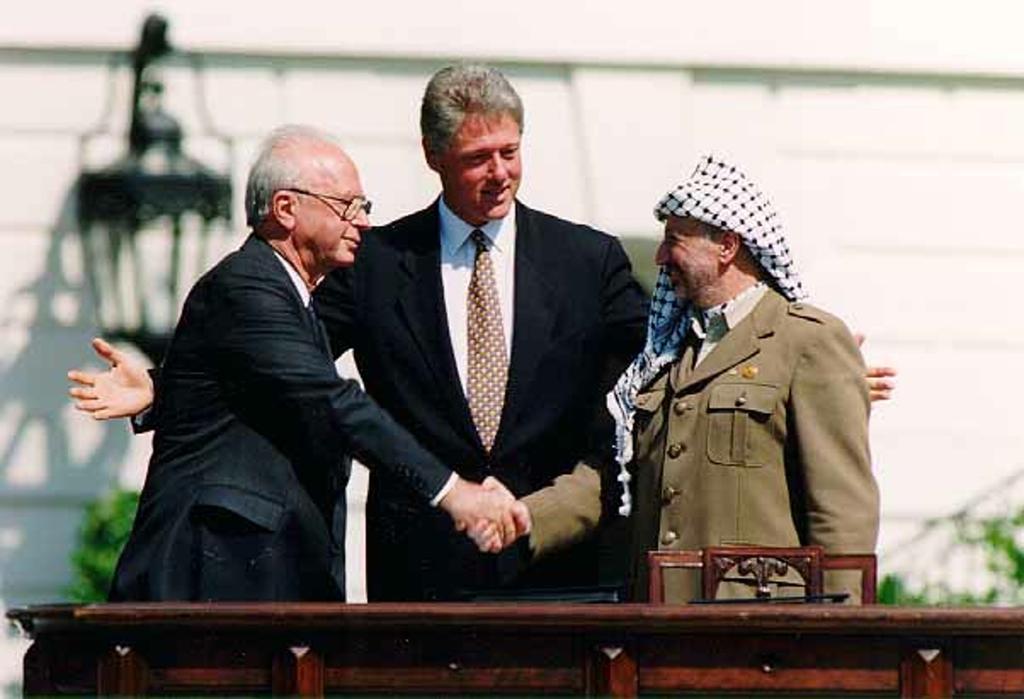Getting your Trinity Audio player ready...
The weekend op-ed, penned by UAE Ambassador to Washington Yousef Al Otaiba, is part of a long history of locating maneuvers and measures that could end the Jewish-Arab conflict in general, and the Israeli-Palestinian conflict in particular.
More than 100 years ago, then-British Foreign Secretary Arthur Balfour signed the document stating that "His Majesty's government view with favor the establishment of a national home for the Jewish people" – a letter based on a proposal made by Dr. Chaim Weizmann at the behest of the Zionist Movement.
Two decades later, in 1936, the British government appointed a royal commission of inquiry headed by Lord William Robert Peel, which decided to carve this land into two sovereign nations.
The Jews agreed in principle with the commission's proposal, while the Arab side refused again and again.
A decade later, on November 29, 1947, the UN granted 62% of the land of Mandatory Israel for a Jewish state and 38% for an Arab state.
The Arab leadership refused the plan, with Jamal al-Husayni, the spokesman for Arab delegation to the UN, declaring that the "the demarcation line will be nothing but a line of fire and blood."
And then the 1948 Arab-Israeli war started. The Arabs in the land of Israel brought disaster down upon themselves, and it seems the Palestinian leadership is following in the footprints today.
But things did not have to be that way.
In a document penned in 1944, titled "To our Arab neighbors," which was also presented to the UNSCOP officials in 1947, then-Etzel leader Menachem Begin portrayed a different possibility.
3 View gallery


The UNSCOP delegation meeting with Jewish representatives in Jerusalem in 1947
(Photo: Courtesy)
In the letter, the future prime minister explained that the ongoing conflict is a war for the liberation of the land from the British.
"This war is not against you," he explained to the Arabs.
"We do not see you as an enemy. We want to see you as good neighbors. We did not come to destroy you or expel you from the lands you live on. The land of Israel has enough room for you, your sons and your grandsons and the millions of Jews that have no life but in this land. The Hebrew government will grant you full civil rights. Hebrew and Arabic will be the languages of the land. There will be no discrimination between Arabs and Jews for governmental or public work.
"The Muslim holy sites will be overseen by your representatives. The Hebrew government will grant education to all and no more will there be illiteracy in the land of the Bible," Begin wrote.
"No more will there be epidemics in our towns and villages. Work pay will be lifted to European standards. Agriculture will be developed. House will be built instead of tents. Water and electricity will reach every household. The Hebrew state will be a shared home for all, and peace and understanding will be between it and all independent Arab nations."
3 View gallery


Egyptian President Anwar Sadat, U.S. President Jimmy Carter and Prime Minister Menachem Begin at the signing of the 1979 Israel-Egypt peace agreement
(Photo: Getty Images)
This dramatic plea ends on a collective call.
"It depends on you and your wisdom," wrote the man who would eventually sign a peace treaty with Israel's greatest foe, Egypt.
"If you want, and do not give your ears to agitators, peace and friendship between our two people can be eternal. Together we shall build this holy land. Together we shall gain from its fruits and treasures. Together we will develop its agriculture and industry. Together we will forward our sovereign people into a world of justice, freedom, wealth and dignity. To our Arab neighbors, we reach our hand out to you in peace and fraternity, do not reject it!"
But, what can you do? They did not listen then and they sure aren't listening now.
First published: 19:12, 06.16.20


